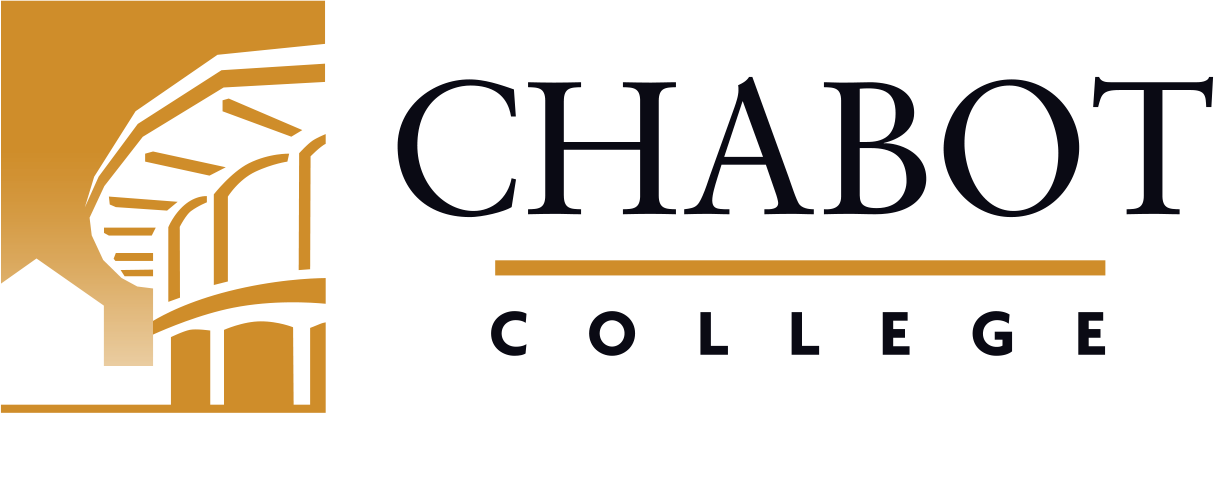
Course Outline for Early Childhood Development 209
Introduction to Working with Children
Effective: Fall 2022
SLO Rev: 07/30/2021
SLO Rev: 07/30/2021
Catalog Description:
ECD 209 - Introduction to Working with Children
18.00 Hours
May be repeated 99 time(s)
This course is for those who are interested in working with children and want to gain a basic understanding of child development and how to effectively interact with and supervise children. It will include an introduction to the concepts of child development, major developmental milestones from 0-18, realistic behavior expectations, and a discussion of what is considered developmentally appropriate practice. Effective communication, positive behavior guidance, and social and cultural factors related to equity in educational settings will also be addressed. ECD 209 is an introductory level (non-credit) course and is intended to provide students exposure to vocabulary and concepts in child development and education. Students can use the skills gained from this class to transition to credit level ECD courses. This course is free and students may repeat this course until mastery of the skills is met.
0899.00 - Other Education*
Pass/No Pass/Satisfactory Progress
| Type | Hours |
|---|---|
| Lecture | 18.00 |
| Total | 18.00 |
Measurable Objectives:
Upon completion of this course, the student should be able to:
- identify stages of development and major developmental milestones of children from preschool-adolescence;
- define the term developmentally appropriate as it relates to behavior expectations for children;
- describe effective communication and positive behavior guidance strategies for working with groups of children;
- define implicit and explicit bias and describe how bias can impact interactions in diverse communities of children.
Course Content:
- Introduction to child growth and development
- Importance of understanding development when working with children
- Developmental stages, milestones and domains
- Introduction to developmentally appropriate practice
- Overview of behavior guidance and classroom management
- Importance of relationships
- Working with families
- Overview of social-emotional learning
- Rules, procedures, and routines
- Effective communication techniques
- The role of the physical environment
- Effective proactive and positive behavior guidance classroom management techniques
- Social and cultural factors related to equity in educational settings
- Explicit and implicit bias
- Cultural competency
- Strategies and resources needed to teach effectively in diverse communities
- Gender issues
- Exceptional learners
- Underrepresented populations
Methods of Instruction:
- Class and group discussions
- Hands-on Activities
- Lecture/Discussion
- Large and small group presentation
- Guest speakers
- Practice/Demonstration
- Group Activities
- Textbook reading assignments
- Presentation of audio-visual materials
- Distance Education
Assignments and Methods of Evaluating Student Progress:
- Given a scenario depicting a cultural conflict in a classroom/group setting, do a presentation on how to problem-solve to resolve the conflict.
- Write a reflection on personal experience in groups and classes analyzing what were effective and ineffective methods of communication and behavior guidance.
- Looking at a particular age group create a poster listing major developmental milestones of the age, and expectations of skills, abilities and behavior for the age group.
- Attendance
- Quizzes
- Demonstration of practice and skills
- Oral Presentation
- Written assignments
- Class Participation
Upon the completion of this course, the student should be able to:
- describe developmentally appropriate behavior expectations, and identify effective communication and behavior guidance strategies for diverse groups of children.
Textbooks (Typical):
- Dombro, A. L., Jablon, J., Stetson, C. (2020). Powerful Interactions (2). NAEYC.
- Website: Center for the Developing Child, Harvard University (https://developingchild.harvard.edu/).
Abbreviated Class Schedule Description:
Interested in working with children? Take this course to gain a basic understanding of child development and how to effectively interact with and supervise children. Get an introduction to the concepts of child development, major developmental milestones and realistic behavior expectations. Learn about effective communication, positive behavior guidance, and social and cultural factors related to equity in educational settings.
Discipline:
Child Development/Early Childhood Education*